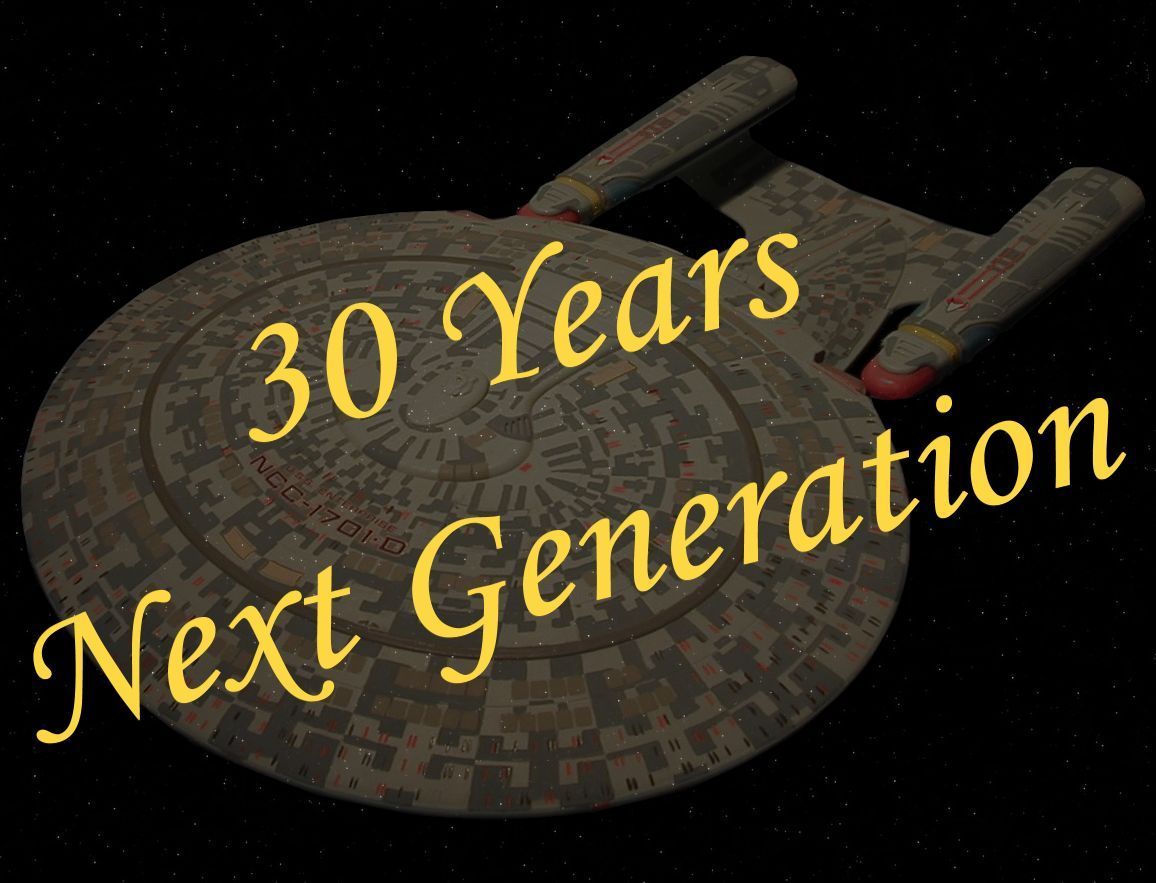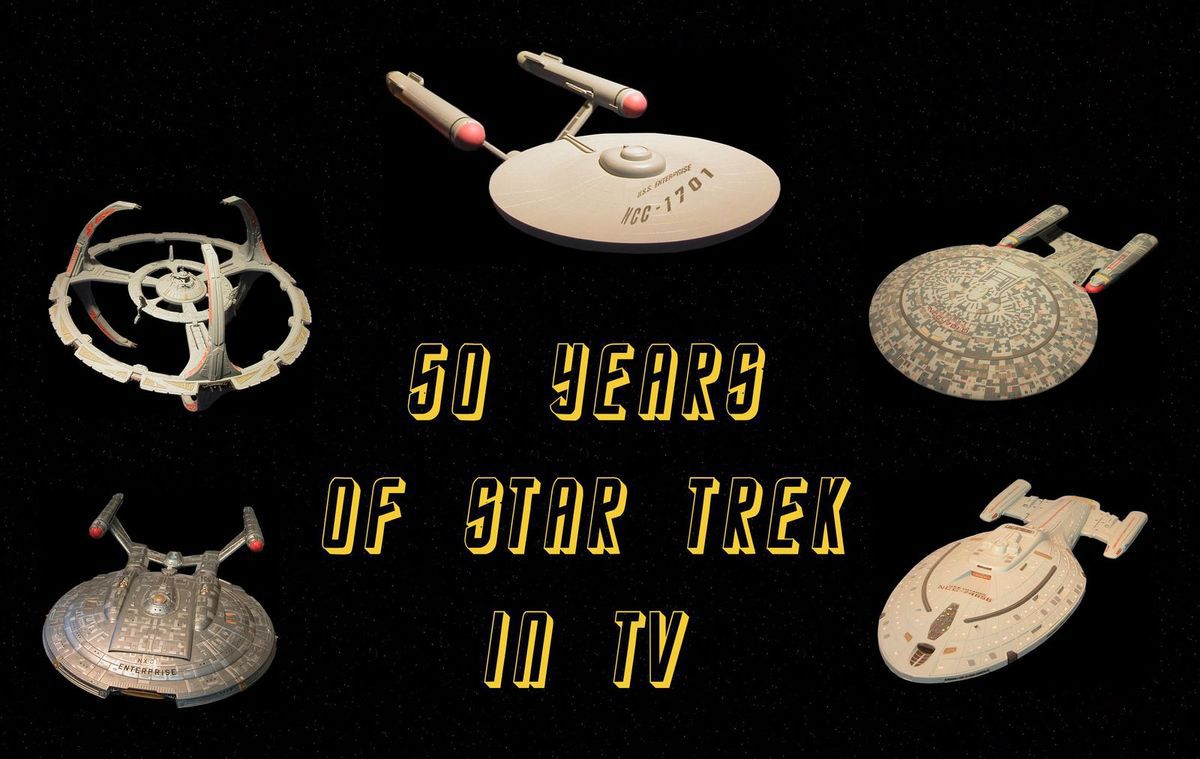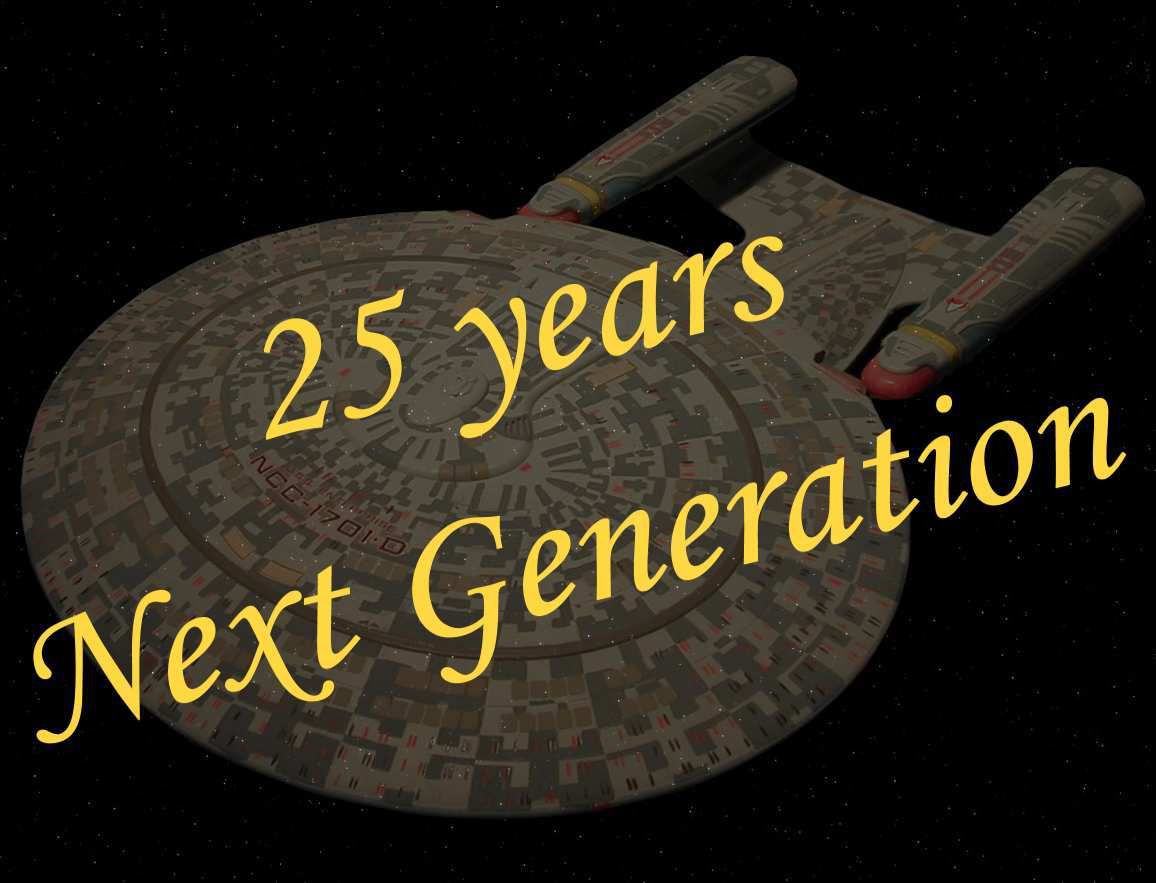/image%2F1194786%2F20210926%2Fob_b44e3d_star-trek-enterprise-20-en.png)
My last blog about Star-Trek is only a few weeks old, due to the 55th anniversary of the original-series.
But my last big anniversary-tribute was a few years ago.
And for the 4th Star-Trek real-series, Enterprise (ENT), I have never written anything before.
But now the time has come.
Key-Points
Enterprise is the successor-series of Voyager and was made from 2001 to 2005.
It is the last of the 4 Star-Trek-series from 1987-2005.
Unlike its 3 direct predecessors "The next Generation" (TNG), "Deep Space Nine" (DS9) and Voyager (VOY), it is not set in the 24th century, but in the 22nd century, so even about 100 years before the original-series, which is set in the 23rd century.
At its core Enterprise revolves around the departure of mankind into space and, as a consequence, it’s finding it’s position in the universe, which ultimately leads to the foundation of the "United Federation of Planets" (UFP).
ENT is thus a prequel within the Star Trek universe. The background is that after 3 series each comprising over 170 episodes in the 24th century, the series makers saw the narrative possibilities for exciting stories so exhausted that they wanted to make a leap in time, of which they promised more new narrative-strands.
What to me the series constitutes
I find the departure of mankind into space exciting. And this is the heart of Season-1.
This reveals great parallels to Voyager, which is also traveling in completely unknown areas of space in season 1 and ship and crew have to assert themselves there and find their position.
In general, I see some concrete elements and processes similar specifically between Voyager and Enterprise:
- The mentioned departure into the unknown and the claim there in season 1
- Season 2 as the weakest of both series
- A high and similar quality of the series, but not quite close to TNG or DS9, which for me, however, together with Babylon - 5 are the3 best science fiction series of all time.
- Unfortunately, but also a lot of wasted potential, but we'll get to that later.
In Enterprise, I liked the Vulcan T'Pol as first officer and guide of the humans through the unknown areas of space – which are much less unknown to Vulcans.
This was helpful for the crew on many occasions, but on some occasions the Enterprise also helped the Vulcans - which was already a strong indication of the foundation of the Federation.
Which I did not like at all in and of itself and was especially seen in season 3:
Torture.
Torture by the Captain of the Enterprise of a prisoner in order to get information from him.
But what I really liked was that Archer in season 4 is very disillusioned, briefly depressed and ultimately self-reflected related to his actions.
And:
Saving humanity in season 3 was only possible through cooperation with the then assumed arch-enemy, the Xindi. Where humans as well as Xindi have paid a high price for saving both of them.
The Season-3 of Enterprise is unique anyway, as it is about 1 big mission, the rescue of mankind from an enemy, which takes place in a far away area of space.
Last but not least:
ENT has contributed a lot to the coherence and continuity within the Star-Trek-universe:
From important developments among the Vulcans to the genetic superhumans and the human optics of the Klingons in the 23rd century.
What I dislike about the series
Enterprise is the first Post 9/11 Star-Trek-series. And the influences of 11th September 2001 and the "War on Terror" can be clearly seen in the series.
Especially in season 3, this becomes very clear:
All the war and revenge rhetoric of those responsible towards the Xindi who have invaded Earth.
Torture of a prisoner, capture of important items of equipment from other ships - these are very dark actions, carried out by the post-9-11-spirit and which you have never seen in previous Star-Trek-series.
But just - as described above - this is only the one side, the other side is that of self-reflection and self-criticism.
And something like this from those responsible in the real world we have hardly heard about the post-9-11-wars – if heard at all.
And the Vulcans are portrayed for almost 3 seasons as a kind of villains, as opponents and troublemakers in their own house.
Now this is something that is not uninteresting and also not illogical. Because in the background it's about a key development of them, which only takes place towards the end of the series and makes a lot of things seem logical – to stay in the diction of the Vulcans ; -)
However, this intellectual alien species is already portrayed very flat and exaggerated.
This could have been told with a “finer blade” – and should have.
And then again:
Even more than Voyager Enterprise missed opportunities:
- Season 2 is a rock-bottom of the series and its quality in all Star Trek series from 1987-2005 was only undercut by seasons 1 & 2 from TNG.
Remakes of other Star-Trek episodes or even motion-pictures at a modest level and with no discernible goal for the series.
- No narration of the foundation of the Federation - that would have been a main-reason to let the series take place during this time.
- No true innovations in storytelling compared to the predecessors, but only "More of the Same".
My negative chapter is concluded with the final-episode:
Not only does this make a sudden leap in time of 10 years, there is also a completely unnecessary death of chief-engineer and best friend of the Captain, Charles “Trip” Tucker.
Most importantly, the crew is denied a true Enterprise-final-episode by the series creators by presenting it as a holodock simulation of the TNG characters Commander Riker and Counsellor Troi.
My conclusion about Enterprise
ENT is the relatively weakest series in the Star-Trek-cycle from 1987-2005, but still really good.
I see it "clustered" with Voyager in several ways, especially in terms of quality.
Where Voyager is slightly ahead for me in terms of quality.
Enterprise, however, offers the better innovativeness for me, especially in seasons 3 and 4.
There is light and shadow, but definitely more light. I certainly wouldn't want to miss this series.
As a deeper message, I can perhaps interpret, that one is not immune from falling into the Zeitgeist, which can be very worrying, even dangerous, especially with 9/11 and the "war on terror".
However humans also have the ability to reflect on themselves and are able to learn.
I would like us humans in our societies to do this even more than the ENT-crew and to clearly develop awareness and stand against authoritarian tendencies with surveillance- and police-state - and in the recent times also against clear approaches of a corona-health-dictatorship.
All those who are not interested in politics still have a really interesting piece of Star-Trek and science-fiction with Enterprise today, which I can recommend to watch.



/image%2F1194786%2F20210907%2Fob_70665b_star-trek-55-en.jpg)


 On 8th September 2016 time has come: Star-Trek – or how is it called in German „Raumschiff Enterprise (Starship Enterprise) has celebrated its 50th anniversary. On 08. September 1966 the series was primarily aired in the United States. And though I haven't managed making my tribute on time, on the anniversary-day – this I just did in German – I wanted to write it this year also in English at any costs before the anniversary-year is over.
On 8th September 2016 time has come: Star-Trek – or how is it called in German „Raumschiff Enterprise (Starship Enterprise) has celebrated its 50th anniversary. On 08. September 1966 the series was primarily aired in the United States. And though I haven't managed making my tribute on time, on the anniversary-day – this I just did in German – I wanted to write it this year also in English at any costs before the anniversary-year is over.



/image%2F1194786%2F20140910%2Fob_447b59_cc-logo-end-v1-png.png)